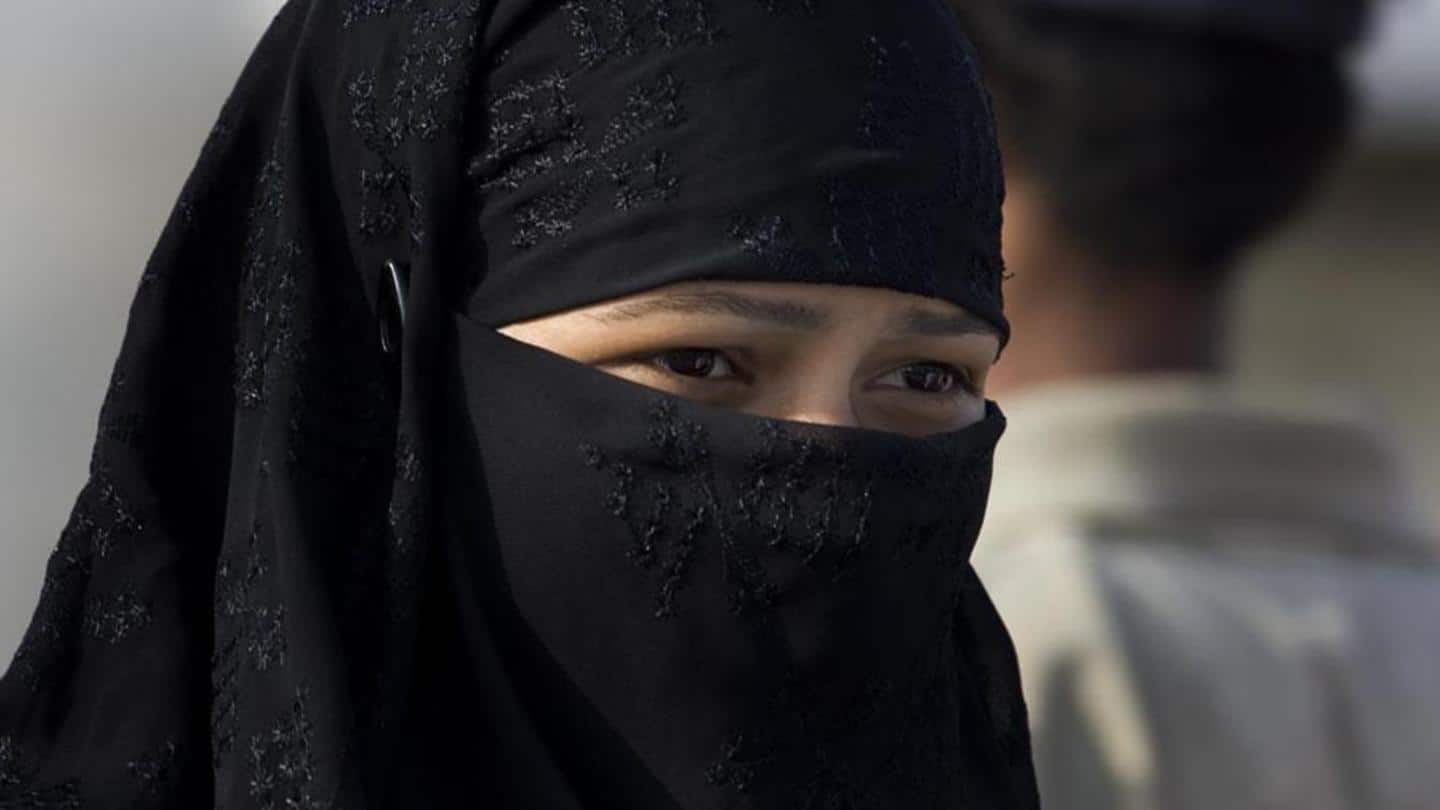
What are the laws on face coverings around the world?
What's the story
The hijab row in the southern Indian state of Karnataka has catapulted into a larger debate on the freedom of religious belief and choice of clothing. A hearing is underway in the Karnataka High Court as violent protests continue to rock parts of the country. Here is a look at how other countries have dealt with the issue of face coverings over the years.
Details
Different types of Islamic coverings
Hijab: A square scarf that covers the head and neck. Niqab: A veil for the face in which eyes remain visible. Burqa: A full body covering with a mesh screen for the eyes. Khimar: A cape-like covering for the hair, neck, and shoulders. Shayla: A long scarf which is wrapped around the head. Chador: A cloak that covers the entire body.
France
France, first in Europe to ban face veil
France became the first European country to ban full-face veil in public places in April 2011. The law applies to French as well as foreign women. More than 1,500 fines had been imposed under the law, according to official data from 2015. In schools across France, religious clothing including headscarves have been banned since 2004.
Europe
Other countries in Europe
The parliament in Denmark approved a bill in 2018 to impose fines on those wearing a veil that covers the face. The fine would surge tenfold if a violator was caught again. In The Netherlands, covering your face with a veil draws a penalty of 150 euros or around Rs. 13,000. In the United Kingdom, face coverings are banned in schools and hospitals.
Other countries
Other countries in Europe
In Belgium, a law banning the full-face veil had come into force in July 2011. Violators risk a fine or up to seven days in jail. Italy has laws in place since 1975 that make it illegal to cover the face in public. Countries such as Bulgaria and Austria also require individuals to show their facial features in public settings.
Sri Lanka
Sri Lanka cleared a ban last year
Sri Lanka's cabinet approved a ban on wearing full-face veils including burqas in public in 2021. Public Security Minister Sarath Weerasekera called burqas a "sign of religious extremism," saying a ban would enhance national security. Earlier, in 2019, wearing of burqas was temporarily banned after Easter Sunday suicide bomb attacks that killed more than 250 people.
India
What does the Indian law say?
In India, the choice of clothing is an issue of personal liberty and freedom guaranteed by the Constitution of India. But restrictions by local governments could be based on decency and public morality. However, these terms are not clearly defined either in the Constitution or the Indian Penal Code (IPC) and might be interpreted differently by different people.